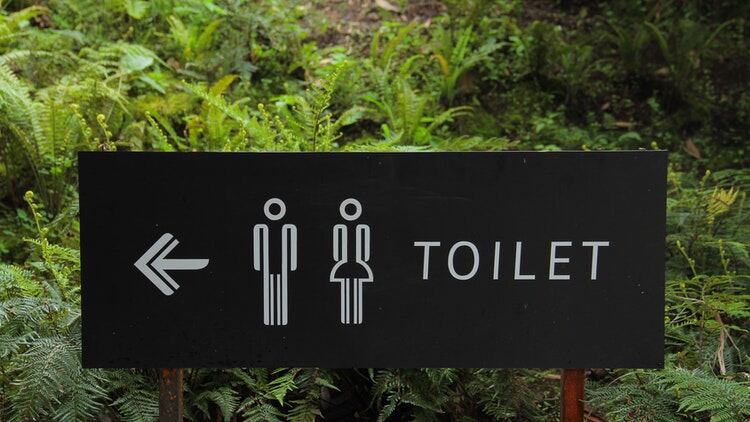Whether a business is being wound up for good or the insolvency is part of a re-structuring or rescue package such as a company voluntary arrangement (CVA), the implications on any premises licences held by the company must be addressed.
This briefing note applies to England and Wales.
Introduction
- A premises licence lapses (dies) upon the insolvency of the licence holder.
- An insolvency can include liquidation, a company or individual voluntary arrangement or the appointment of administrators or an administrative receiver.
- The moment a premises licence lapses you are unable to carry out licensable activities (for example the sale of alcohol) under that licence.
- To ensure continued trading at profitable sites it is critical, therefore, for company directors and their business advisors to plan for any proposed insolvency and what will happen to the premises licence/s before the insolvency occurs.
Trigger dates for lapse of licence
- For a CVA, the date the licence lapses is the date of the creditors’ meeting approving the CVA.
- For an administration, it is the date of the court’s decision to put the company into administration.
- Liquidation - there are three types of liquidation:
- Compulsory liquidation – date of the winding up order by the Court.
- Creditor’s voluntary liquidation (CVL) – date of the shareholders’ meeting.
- Members voluntary liquidation (MVL) – the trigger date is the date of the shareholders’ resolution to enter into an MVL.
OK, my licence will lapse on insolvency - what can I do about it?
- After a licence has lapsed, there is a 28 day period during which it can be “resurrected” either by an insolvency practitioner using the interim authority notice (“IAN”) procedure, or by transferring the licence to a named individual or an active company which would not be affected by the insolvency.
- If the licence is not so transferred within 28 days, it dies irrevocably. Remember, this 28-day period is not a “grace” period during which licensable activities can temporarily continue, but a window during which the lapsed licence can be transferred and therefore resurrected to allow licensable activities to continue again.
- If the licence dies irrevocably then a new premises licence application will be required.
- If the IAN procedure is used the Insolvency Practitioner can hold the licence for up to 3 months, during which the licence must be transferred to a new holder or the licence lapses once more.
Some practical comments
- We find IANs are quite rare – this may be because insolvency practitioners do not want the responsibility of potentially being liable for breaches under licensing legislation with a licence held in their names, when they of course have no direct knowledge or operational influence for managing the premises on the ground.
- If you have a tables and chairs licence granted by the local council under the Highways Act then, depending upon its terms and conditions, that tables and chairs licence may lapse in the event of an insolvency of the holding company. The terms therefore need to be checked carefully.
- When a company is failing and looking like it is about to go through an insolvency process, it is easy for the directors and their advisors to forget the consequences for the premises licence/s. This can result in the option of continued trading being missed and a thing of real value being lost unnecessarily, particularly if the licence is held in a cumulative impact area (“CIA”) where obtaining a fresh licence on the same terms might be at the very least extremely difficult, if not impossible.
- However, with appropriate planning, transfer applications can be prepared and lodged ready for the proposed insolvency trigger date.
Poppleston Allen has substantial experience in advising companies, including high street names, on the implications of insolvency on their premises licences, and subsequently ensuring that the relevant transfer applications are made in good time to ensure continued trading throughout the insolvency process whilst ensuring that the licences are retained for subsequent disposal to a future purchaser.
For any legal enquiries please visit Poppleston Allen's website.




